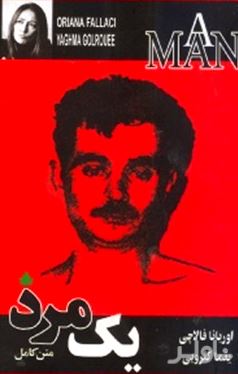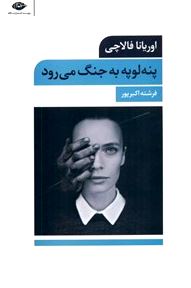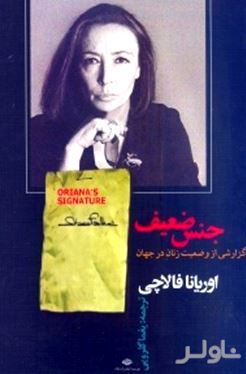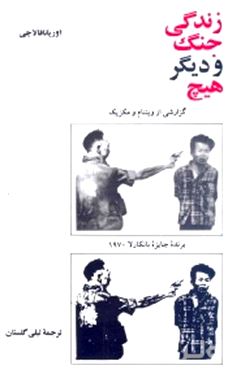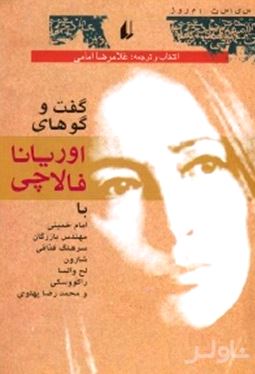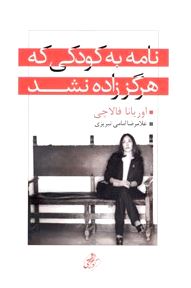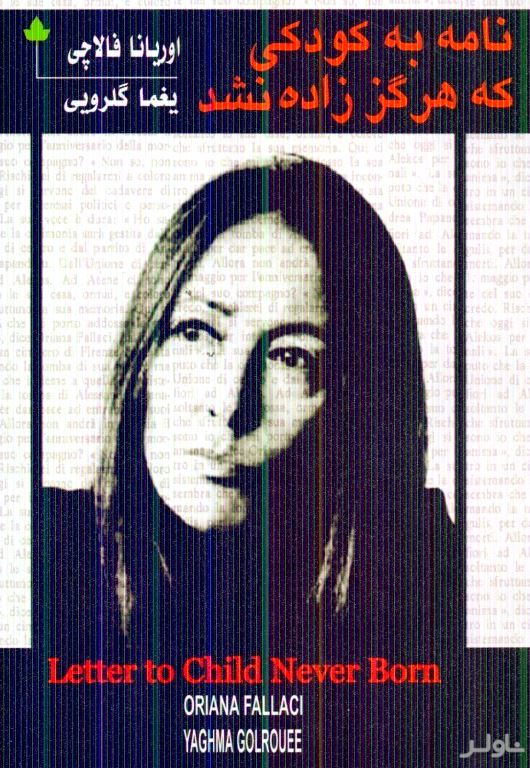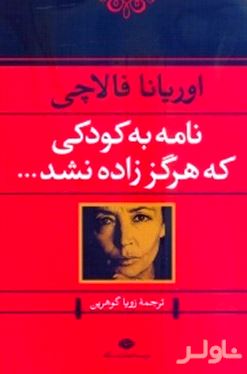|
نویسنده :
اوریانا فالاچی
ناشر :
دارینوش
۴/۴ از ۵
|
۳ | ||
|
نویسنده :
اوریانا فالاچی
ناشر :
نگاه
۳/۷ از ۵
|
|||
|
نویسنده :
اوریانا فالاچی
ناشر :
نگاه
۳/۸ از ۵
|
۴۱ | ۱۸ | |
|
نویسنده :
اوریانا فالاچی
ناشر :
امیرکبیر
۴/۲ از ۵
|
۱۱ | ۳ | |
|
نویسنده :
اوریانا فالاچی
ناشر :
انتشارات افق
۲/۷ از ۵
|
۵ | ۱ | |
|
نویسنده :
اوریانا فالاچی
ناشر :
آوای الف
۴ از ۵
|
۱ | ۱ | |
|
نویسنده :
اوریانا فالاچی
ناشر :
دارینوش
۳/۵ از ۵
|
۴ | ۱ | |
|
نویسنده :
اوریانا فالاچی
ناشر :
نگاه
۴ از ۵
|
۹۷ | ۴۳ |


